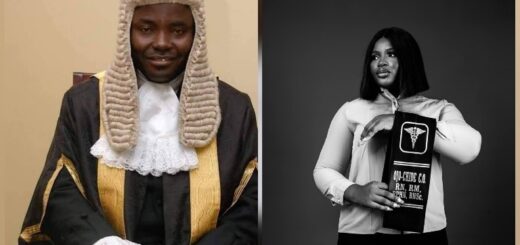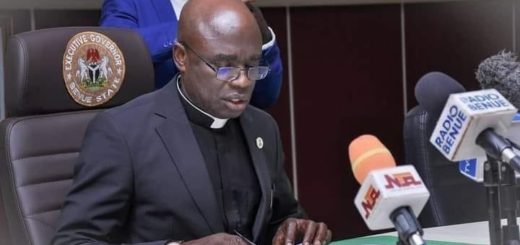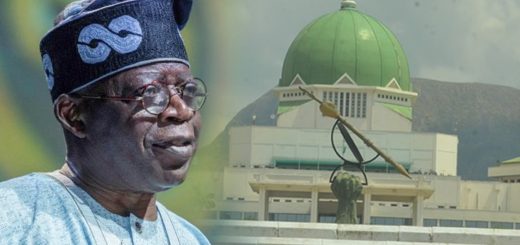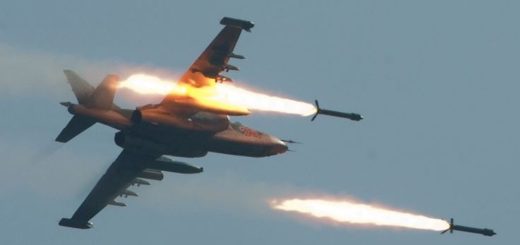Petrol Smugglers Made ₦17m Per Truck Under Subsidy Regime, Says Kyari
 Group Chief Executive Officer of the Nigerian National Petroleum Company Limited, Mele Kyari, says petrol smugglers took advantage of the loopholes in the subsidy regime by making around ₦17m per truck in neighbouring countries.
Group Chief Executive Officer of the Nigerian National Petroleum Company Limited, Mele Kyari, says petrol smugglers took advantage of the loopholes in the subsidy regime by making around ₦17m per truck in neighbouring countries.
Briefing journalists in Abuja, the NNPCL boss said cross-border smuggling was rampant due to the fuel subsidy, with a 6,000-liter truck smugglers make no less than ₦17 million per trip.
“In the last 47 years, PMS has always been subsidised and subsidy is creating arbitrage that means there is a difference between price in one location, lower than what it should be in another location,” he said.
“And when Mr. President announced the removal of subsidy in June, what he did was recalibrate the price. There is no longer any value in anyone taking the product across the border. If you do, you’re not going to make those profits than you do.
“In a 6,000-litre truck, you can actually gain up to ₦17 million from just one truck. How are you going to stop someone who with two trips can just easily make ₦17 million times two—which is the price of the truck itself?
“However, when you take a truck legally maybe N8 million, say, to Maiduguri, the legitimate value you have is less than ₦500,000. Why will I see ₦17 million and then take all the trouble go to Maiduguri, keep it in the fuel station for one month and then make ₦3 to ₦4 million.”
Fuel Price Hike
Fuel prices shot up at pumps across Nigeria on October 9, dealing another blow to Nigerians already suffering the worst economic crisis in a generation.
The state oil company has not commented on the sudden increase of between roughly 15 and 20 per cent seen at pumps across the country.
But it marks the second such hike in just over a month, and in early September the NNPCL acknowledged huge debts to fuel suppliers as it announced a roughly 40-percent price increase to help its finances.
Nigerians are already battling soaring inflation and food costs as well as a battered naira currency.
For many, last Wednesday’s hike was the latest measure to eat into their budgets as President Bola Ahmed Tinubu’s government pursues reforms billed as a way to revive the economy of Africa’s most populous country.
At that pump, the price had risen from 855 to 998 naira per litre ($0.53 to 0.62), while elsewhere prices topped 1,000 naira, including in the capital Abuja and the northern city Kano.
Private suppliers already sold fuel at higher prices.
After coming to power last year, President Tinubu said his reforms would revive the economy in the long term and attract foreign investment.
But Nigerians have seen inflation hit a three-decade high since Tinubu ended a fuel subsidy and floated the naira currency.
Before the reforms, petrol was sold for less than N200 per litre.
Immediate Reversal
Reacting, the Nigeria Labour Congress (NLC), said it was “dismayed” by the hike and called for its immediate reversal.
But rallies over economic hardship struggled to build momentum earlier this month following a deadly crackdown by the authorities on nationwide demonstrations in August.
On the day of the poorly attended October protests, Tinubu gave a speech once again calling for Nigerians to be patient with his reforms.













